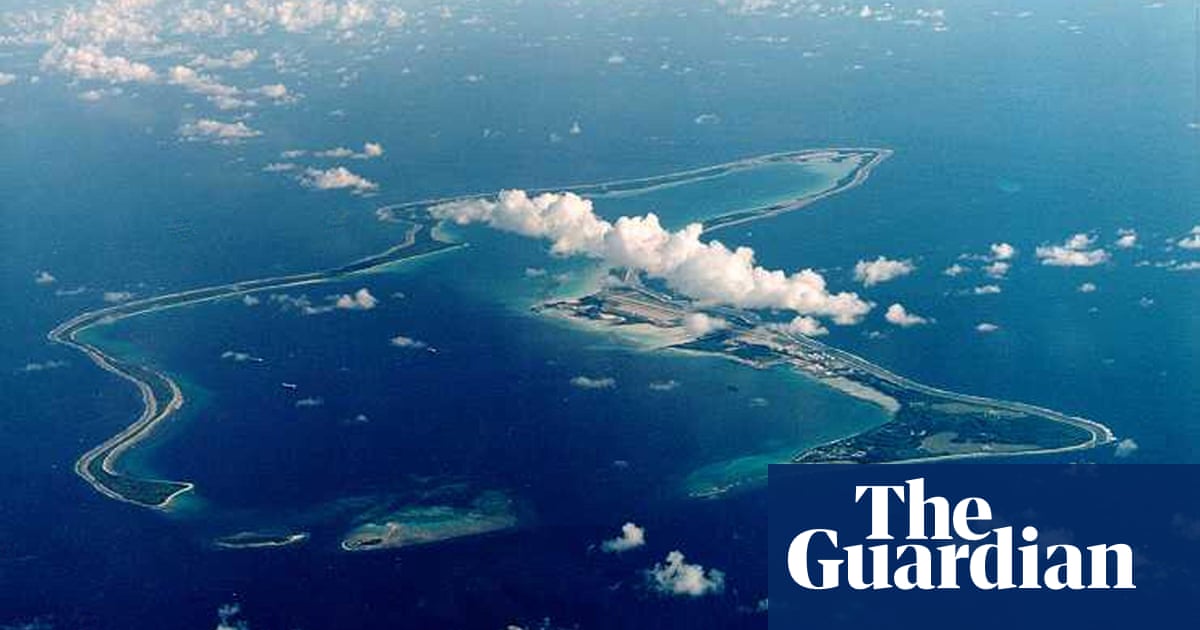BURITICUPU, Brazil (Reuters) - The city of Buriticupu, in the northeastern tip of the Brazilian Amazon, is being slowly swallowed by the earth. In recent weeks, huge sinkholes, several meters (feet) deep, have led the municipal government to declare a state of emergency.
Some 1,200 people of total 55,000 population are at risk of having their homes tip into the widening abyss.
"In the space of the last few months, the dimensions have expanded exponentially, approaching substantially closer to the residences," an emergency decree issued by the city government earlier this month said about the sinkholes.
Several buildings have already been destroyed, the decree said.
The recent sinkholes are an escalation of a problem that residents of Buriticupu, in Maranhao state, have been watching unfold for the last 30 years, as rains slowly erode soils made vulnerable by their sandy nature, plus a combination of poorly planned building work and deforestation.
The large soil erosions are known in Brazil as "voçoroca", a word of indigenous origins that means "to tear the earth" and is the equivalent of sinkholes.
The problem becomes worse in periods of heavy rain such as the current one, says Marcelino Farias, a geographer and professor at the Federal University of Maranhao.
Antonia dos Anjos, who has lived in Buriticupu for 22 years, fears more sinkholes will soon appear. "There's this danger right in front of us, and nobody knows where this hole has been opening up underneath," the 65 year old said.
Buriticupu secretary of public works, and an engineer, Lucas Conceicao said the municipality clearly does not have the capacity to find solutions for the complex sinkhole situation.
"These problems range from the erosion processes to the removal of people who are in the risk area," he said.
(Reporting Mauricio Marinho and Sergio Queiroz; Writing by Isabel Teles; Editing by Sandra Maler)

 German (DE)
German (DE)  English (US)
English (US)  Spanish (ES)
Spanish (ES)  French (FR)
French (FR)  Hindi (IN)
Hindi (IN)  Italian (IT)
Italian (IT)  Russian (RU)
Russian (RU)  18 hours ago
18 hours ago




















Comments